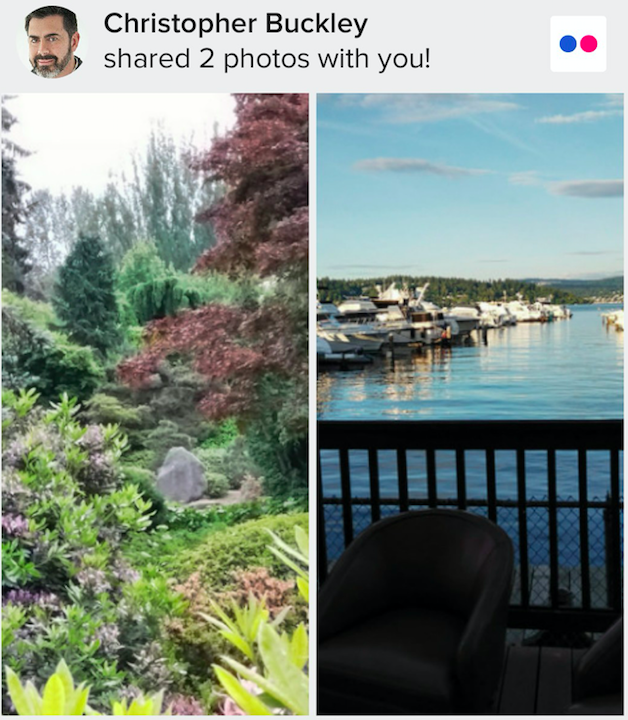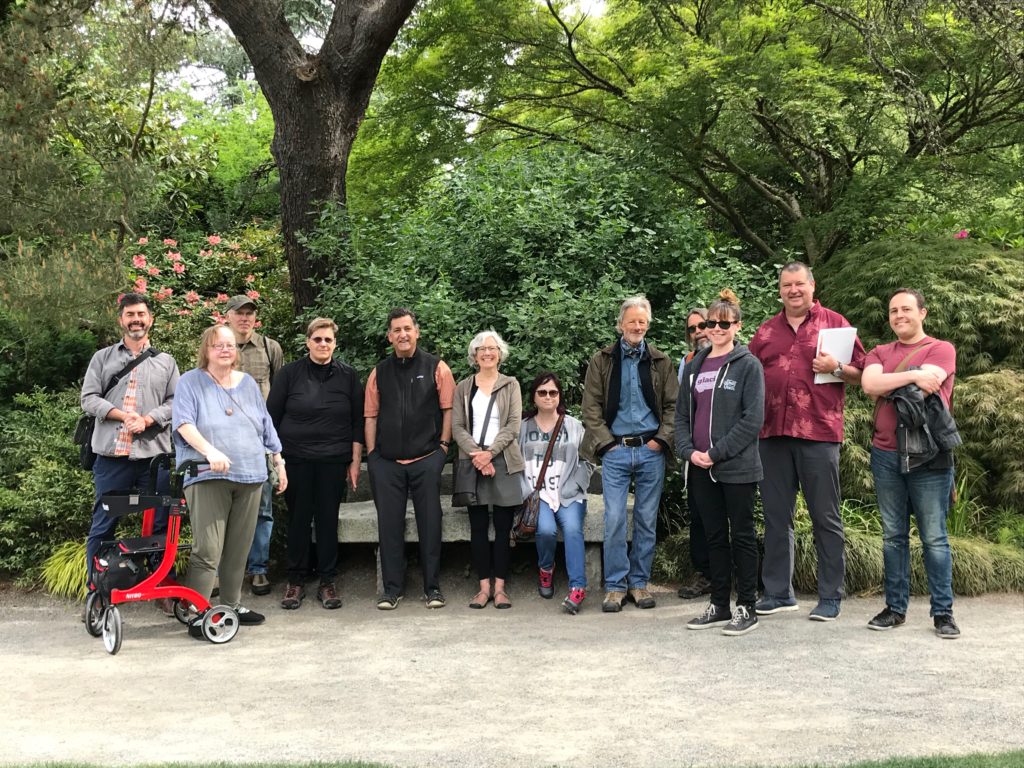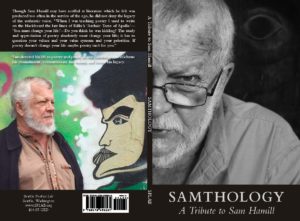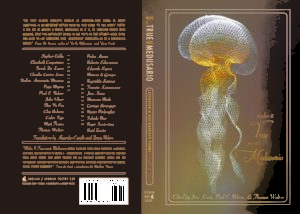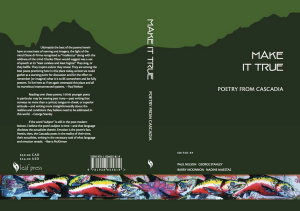Some early reviews of Becoming Cascadian are coming in. (See below). I appreciated Andrew Schelling‘s notion that you can find bodhisattvas anywhere, his talk about reading Thoreau’s journals, and his feeling that the best tool for bioregionalists is the notebook:
Schelling also noted after the event:
To redefine our lives and the places we live by Bioregion, rather than by political boundaries, is not the work of a single morning. It will require small cadres of committed people who become nature literate, write instructive poems and essays, and gradually make sense to their neighbors. This program, Becoming Cascadian, was one node in a larger effort that has been developing. This particular workshop, however, drew not only on Cascadian writers, but drew a handful of people who have been at work a long time on the job! Touring Kubota Gardens provided a direct view deep into the bioregion for many reasons. Eating meals as a group solidified our sense of community. Concluding with poetry gave ceremonial fragrance. The sharing of ideas, books, and other resources, will remain central. Thanks to Mark Gonnerman for a list of resources. Thanks to all for straight talk and careful listening.
and at the retreat, Schelling read an appropriate Rexroth poem:
FOR ELI JACOBSON
December 1952There are few of us now, soon
There will be none. We were comrades
Together, we believed we
Would see with our own eyes the new
World where man was no longer
Wolf to man, but men and women
Were all brothers and lovers
Together. We will not see it.
We will not see it, none of us.
It is farther off than we thought.
In our young days we believed
That as we grew old and fell
Out of rank, new recruits, young
And with the wisdom of youth,
Would take our places and they
Surely would grow old in the
Golden Age. They have not come.
They will not come. There are not
Many of us left. Once we
Marched in closed ranks, today each
Of us fights off the enemy,
A lonely isolated guerrilla.
All this has happened before,
Many times. It does not matter.
We were comrades together.
Life was good for us. It is
Good to be brave — nothing is
Better. Food tastes better. Wine
Is more brilliant. Girls are more
Beautiful. The sky is bluer
For the brave — for the brave and
Happy comrades and for the
Lonely brave retreating warriors.
You had a good life. Even all
Its sorrows and defeats and
Disillusionments were good,
Met with courage and a gay heart.
You are gone and we are that
Much more alone. We are one fewer,
Soon we shall be none. We know now
We have failed for a long time.
And we do not care. We few will
Remember as long as we can,
Our children may remember,
Some day the world will remember.
Then they will say, “They lived in
The days of the good comrades.
It must have been wonderful
To have been alive then, though it
Is very beautiful now.”
We will be remembered, all
Of us, always, by all men,
In the good days now so far away.
If the good days never come,
We will not know. We will not care.
Our lives were the best. We were the
Happiest men alive in our day.
Christopher Buckley reported:
If bioregionalism begins with reinhabiting a place, then our retreat was the perfect start to that. It didn’t take me away from where I live. It gave me a new venue and circle of peers right where I live, work, pray, and write.
He sent this photo:
I loved that the term “reinhabitarians” came up at the Becoming Cascadian weekend. To learn one thing from the weekend, that bioregionalism is not about secession, but about becoming active in the place where we are to enhance sustainability is a great place to start. That Mark Gonnerman said: “We are the only species in history that can prevent its own extinction” was an eye-opening moment. To hear Andrew Schelling contrast his Southern Rocky Mountain bioregion and its small Douglas Firs with our Cascadian mammoths was also very helpful while alluding to the Robin Blaser essay: “The Practice of Outside” was masterful. To hear Adelia MacWilliam discuss the story of her family’s historic Salt Spring property and delve into the very real and very painful topic of cultural appropriation, and have a safe space in which to do that, shows that the group was operating at a level of intimacy necessary for deep work. Grateful we had participation from Canada which deepens the work. To see Kubota Garden as a gift with a huge spiritual intention (thank you Brother Jason Wirth) and understand its Japanese-American cultural context helps a regular garden visitor like me appreciate it in a whole new way. I was delighted that we could end at Open Books and experience the actual writing of some of the key people involved and look forward to the next gathering of this tribe.


